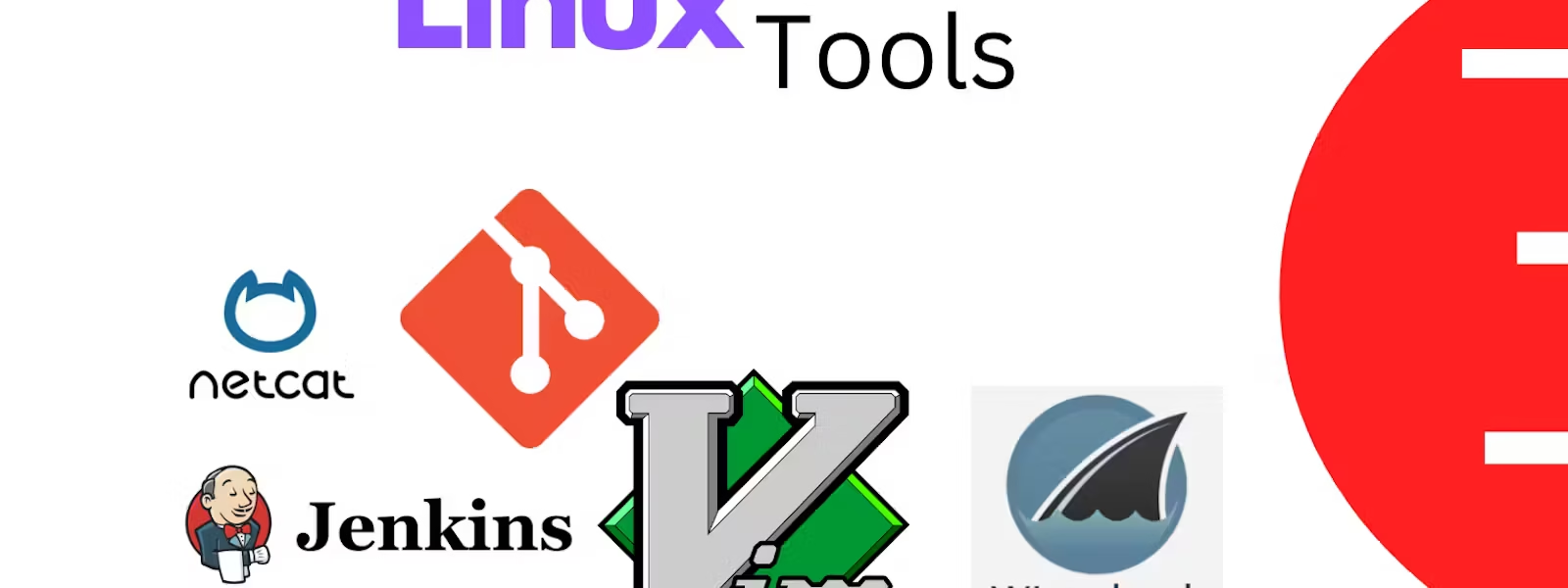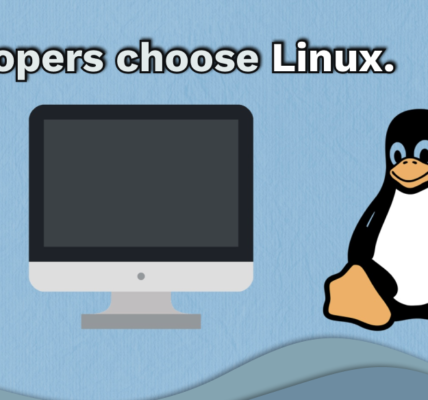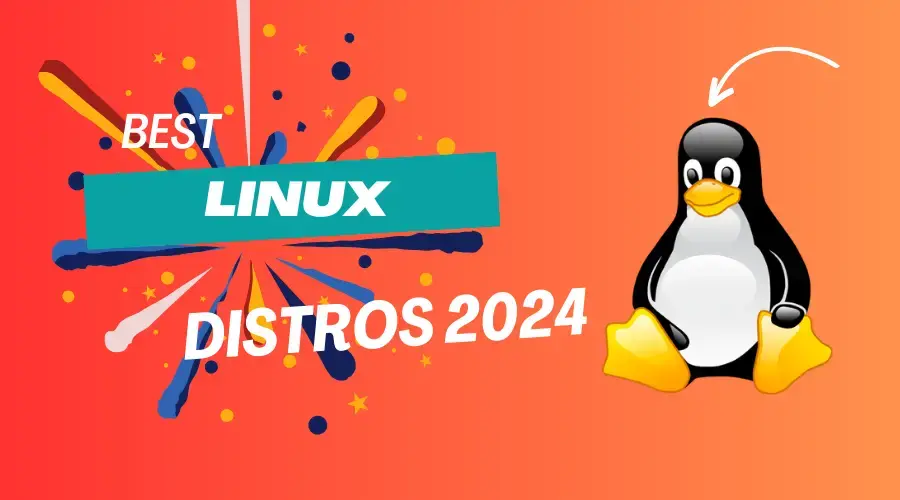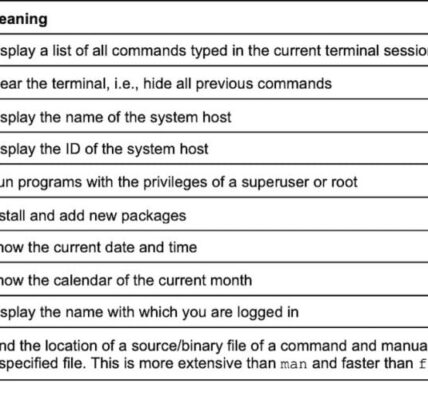Linux Tools for Web Developers. Linux is a powerhouse for web developers, offering tools that are fast, flexible, and often free. With its open-source nature, Linux provides developers with a customizable environment tailored to their needs. If you’re a web developer, these tools will enhance your workflow and make your projects more efficient. Here’s a look at the top Linux tools you should consider in 2024.
Code Editors and IDEs
Linux boasts a variety of code editors and integrated development environments (IDEs) that cater to developers of all skill levels.
- Visual Studio Code
VS Code remains a favorite in 2024 for web developers. With extensions for almost every language and a smooth interface, it’s hard to beat. It supports debugging, version control, and has built-in Git integration. - Sublime Text
Known for its speed and simplicity, Sublime Text is great for quick coding. Its package control lets you easily install plugins to customize your experience. - Vim
For developers who love working from the terminal, Vim is a classic. It’s lightweight and perfect for editing files directly on servers.
Web Browsers for Development
Testing your websites across different browsers is crucial. Linux supports several web browsers that are essential for debugging and testing.
- Mozilla Firefox Developer Edition
This browser is tailored for developers, with built-in tools for debugging, CSS grid inspection, and responsive design testing. - Google Chrome
With powerful developer tools, Chrome helps you inspect elements, debug JavaScript, and monitor performance. - Brave
A privacy-focused browser with fast performance. Brave is becoming increasingly popular for testing web applications.
Terminal Tools for Web Development
The terminal is where Linux shines, offering a plethora of tools for web development.
- Zsh (Z Shell)
Zsh is a shell that enhances the command-line experience with features like auto-suggestions and plugins. It’s faster and more customizable than Bash. - tmux
If you’re multitasking on the command line, tmux is indispensable. It lets you split your terminal into multiple panes and manage sessions effectively. - Curl
Curl is a command-line tool for transferring data. It’s great for testing APIs or fetching web resources directly from the terminal.
Version Control
Every web developer needs a solid version control system to manage changes in their code.
- Git
Git is the industry standard, and on Linux, it works seamlessly. Use it to collaborate with teams and manage repositories. - GitKraken
A GUI-based Git client that simplifies branching, merging, and conflict resolution. It’s perfect for those who prefer visual tools.
Frameworks and Libraries
Linux supports various frameworks that make web development faster and more efficient.
- Node.js
A must-have for backend developers, Node.js allows you to run JavaScript on the server. It’s highly efficient and has a vast library of modules. - Django
If you’re into Python, Django is a fantastic framework for building robust web applications. Its “batteries-included” philosophy saves you time on repetitive tasks. - Ruby on Rails
For developers working with Ruby, Rails is a popular choice. It’s beginner-friendly and focuses on convention over configuration.
Docker for Development Environments
- Docker
Docker is essential for creating isolated development environments. It ensures your applications run the same way on your local machine as they do in production. - Docker Compose
This tool makes it easy to define and manage multi-container Docker applications, which is especially useful for microservices.
Databases
Web applications often rely on databases, and Linux supports a wide range of options.
- MySQL
A reliable relational database for storing structured data. It’s easy to use and integrates well with most web frameworks. - PostgreSQL
Known for its advanced features, PostgreSQL is ideal for developers looking for a high-performance relational database. - MongoDB
For those working with NoSQL databases, MongoDB is a leading choice. Its flexibility is perfect for dynamic, unstructured data.
Performance Testing Tools
Testing the performance of your web applications ensures a smooth user experience.
- Apache JMeter
A powerful tool for load testing and measuring the performance of your web applications. - Lighthouse
Integrated into Chrome’s DevTools, Lighthouse provides insights into your web app’s performance, accessibility, and SEO.
File and Code Management
Managing files and code efficiently can save you hours of work.
- FileZilla
A popular FTP client for transferring files between your computer and servers. It’s user-friendly and supports secure file transfers. - rsync
This command-line tool is great for syncing files between local and remote directories. It’s fast and reliable.
Communication Tools
Collaboration is key in web development, and Linux has you covered with these tools.
- Slack
Widely used by teams, Slack offers channels for communication and integrates with tools like GitHub and Jenkins. - Discord
Originally for gamers, Discord has evolved into a communication platform for developers. Many coding communities use it for support and networking.
Security Tools
Protecting your code and server is critical.
- Wireshark
A network protocol analyzer that helps you monitor traffic and identify vulnerabilities. - ClamAV
An open-source antivirus tool for scanning files and preventing malicious software.
Customization Tools
Personalizing your Linux environment can improve productivity.
- GNOME Tweaks
This tool allows you to customize the GNOME desktop environment, from appearance to keyboard shortcuts. - Conky
A lightweight system monitor that displays essential information like CPU usage and memory on your desktop.
Why Linux Is Perfect for Web Developers
Linux provides stability, performance, and customization options that are unmatched by other operating systems. With a vast community, you can always find support and resources. Plus, the open-source nature of Linux means there’s no cost for licenses, making it ideal for startups and freelancers.
Linux Tools for Web Developers
Linux is a haven for web developers, offering tools that cater to every aspect of the development process. Whether you’re coding, testing, or deploying, Linux has the tools you need. Start exploring these tools in 2024 and see how they can elevate your web development projects.




